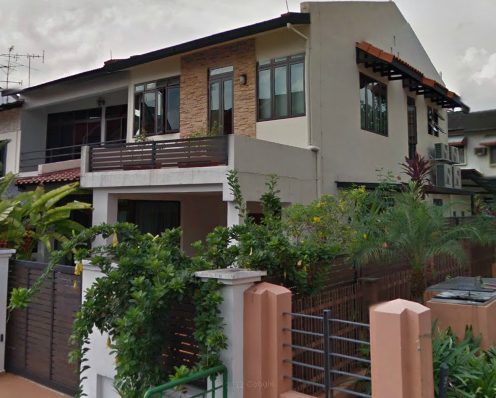In a world where for-profit businesses struggle to stay afloat, some Institutes of Public Character (IPC) like NKF and Telecom Credit Cooperative Limited (TCC) were able to make sustainable profits. Their stellar performances are mainly attributed to their compelling storyline of existing for altruistic reasons and the favourable tax status by being an IPC in Singapore.
While these organisations purport to serve our society, there is a social cost to their existence through loss of tax receipts and inefficient pricing structures. Some of these organisations, in the past, have also been implicated for different kinds of malpractices and have landed in trouble with the law.
Commercial organisations are put under a stricter code of conduct than their non-profit counterparts due to their clear profit motives and their outward declaration of such. Take the companies in the US for example, they are bound by Sarbanes–Oxley (SOX) and as a result, top management must now individually certify the accuracy of financial information. In Singapore, there is a code of corporate governance for listed companies which however fall short of international standards like SOX. With IPCs, however, the governance standards are a lot more relaxed.
As of 31st December 2010, there had been 5425 authorized IPCs in Singapore and the numbers have been rising steadily. IPCs have become a symbol of influence and power. And people take up positions in the board of these organisations to show that they have “arrived” and it also serves as a status symbol.
There is a similar thread to the stories of NKF, Ren Ci Hospital and TCC. They are all run of course for the “right” reasons and in the case of NKF; contracts were awarded based on affiliation. It is troubling to see that people in these circles often neglect to adopt the same corporate governance standards as public entities and the society (or community) also does not impose the same standards, because they exist as a non-profit organisation. Take TCC for instance, it has a strap line of, “The Credit Cooperative with a heart.” It does not mean a thing apart from its ostensible slogan of differentiating itself from its competitors, which comprises of for-profit financial institutions in Singapore.
TCC charges a higher interest rate of 6% for its housing loans. OCBC bank’s home loan rates are currently at 1.78%. The only reason why TCC charges a higher interest rate is presumably to serve the sub-prime housing market of Singapore. I suspect that some of the members of this credit cooperative have a chequered financial history and hence TCC mitigates the risk by charging a higher interest rate. Otherwise, it does not make any business sense to charge a rate higher than the market.
There is also another risk or a danger that is lurking in our midst. If credit cooperatives serve a segment with a chequered financial history, and if credit is freely available to them, isn’t Singapore exposed to our own sub-prime crises should the housing market collapse. There are more than __ thousand members with TCC, the collapse of this cooperative can send shock waves into our economy.
Dealing with people with chequered financial history has other benefits especially when the housing market is on an upswing. The co-op can move to foreclose properties when members default which it can then flip in the market for a profit. Such practises have not been uncommon in other countries.
Organisations that plan to be profitable need to spell out their key success factors. Profits do not just happen especially in a harsh economic environment. What is interesting is that TCC has remained profitable in a lacklustre economy beating the odds and have outperformed for-profit institutions.
What is more revealing is that TCC has come under police probe for alleged cheating offences. Looking at some court documents, TCC has allegedly made erroneous claims such as
While there has been a strong resentment about organisations existing as for profit, this episode seems to suggest that there are more safeguards in public listed entities which exist for-profit than organisations that claim to exist for altruistic reasons but end up making a lot more money. Have these non-profit organisations become fronts for money making since private sector is more regulated.
There are serious questions that need to be raised:
-
Why is TCC an Institute of Public Character?
-
Why is TCC charging higher interests rates than banks, yet it calls itself a non-profit organisation?
-
Is there a sub-prime market in Singapore that poses as a risk to our economy?
-
What are the criteria for foreclosing properties under TCC terms and conditions? Are properties being foreclosed bought up by affiliates who then flip the property for a quick profit?
-
Why isn’t the Monetary Authority of Singapore regulating this market?
While we need to have more people to step forward to serve our communities, we also need to be more circumspect of how we achieve this. There is a danger when we become too complacent in the name of social work and let our guards down – a disaster is just waiting to happen.
This article was first published on The Online Citizen in September 2012.


